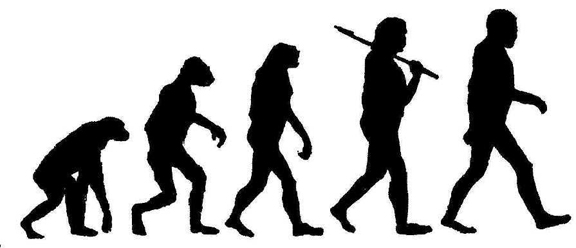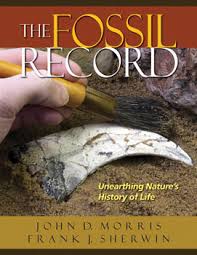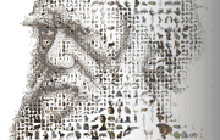So how do we move forward in this debate? The affirmative or “yes” side will have to produce more evidence. The negative or “no” side simply must wait and respond to the new arguments from the “yes” side. Many have chosen to use time as a means to extend this argument into the future rather than resolving it now. One blogger on the subject put it this way:
“There is no missing link. Rather, there are an indefinite number of missing branches. To have a missing link, you need to visualise [sic.] evolution as a chain. If there’s a gap in the chain, then you have a missing link. But evolution, at least at the scale of animals and plants, is mostly a tree. And all we see are individual nodes of the tree, the extant species that form, in Darwin’s metaphor, the leaves of the living tree, and the extinct species that form branching points deeper in the tree. But we do not have enough information to know the shape of the tree for all but the smallest twigs and larger branches. There may be, for all we know, millions of missing species. We might have a species that is an ancestor of some other species, and yet not know enough to say that they are indeed the ancestor in question.” (Source)
Note the phrase, “we do not have enough information” – and so the debate and the discoveries continue. But the assumptions behind the interpretations of new evidence will in the end be key to how this debate progresses. Ask questions about assumptions, and how we know what we use to interpret data. Continue to think freely about these things and be weary of voices that seek to stifle honest, well-grounded inquiry.









